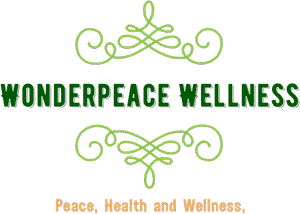Definition and Overview
Aftercare is the part of treatment that comes after a person finishes their program in a higher level of treatment. It is the collective plan to support an individual during their early recovery and help them prevent relapse while working on their new life
After successful treatment for substance abuse, you may be faced with new challenges when reintroduced to the world as a sober individual. Many in recovery struggle with daily triggers, temptations, and cravings. Getting sober is a huge step but it is only the beginning.
Staying in recovery can be difficult; however, attaining long-term sobriety is made easier by taking certain measures.
You can prevent relapse by taking care of yourself and seeking ongoing support in the form of individual therapy, group counselling, 12-step and other support group meetings, sober living homes, and more.
Facts About Relapse Prevention Cognitive Behavioural Therapy
In this type of therapy, you will learn to anticipate triggers that may lead to relapse and build coping skills to deal with these and other daily stressors.
- Medications to remain sober
Medications may be prescribed to help those in recovery stay sober. Common medications used include methadone, buprenorphine, and naltrexone.
- Keeping the mind healthy and focused
An engaged, healthy mind is less likely to be constantly thinking about using drugs. Staying occupied with positive pursuits such as career, educational and personal goals is a great way to maintain sobriety.
- Managing your stress levels
Avoid overly stressful situations when possible and seek support when avoidance is not possible.
- People, places, and things
The people, places, and things associated with your past substance use can do damage to your recovery. To prevent relapse, attempt to avoid them where possible. If you or a loved one is in danger of relapsing, then please call one of our admissions navigators to help you get the treatment you need.

A great option for drug relapse prevention is regularly scheduled therapy or counselling sessions with a mental health professional.
Substance abuse counselling is a key part of your addiction relapse prevention or aftercare regimen.
Ongoing sessions with a professional strengthen help to reinforce and build on the skills learned in treatment. They also serve to assess changes in your thinking, emotional state, and behaviour that may suggest an impending relapse.
Cognitive-behavioural therapy
Cognitive-behavioural therapy (CBT) is a mainstay of addiction treatment and relapse prevention. In this type of therapy, you will learn to cope with and avoid situations that may be triggering and tempt them to return to drug use.
CBT also helps you to identify and adjust maladaptive thinking that may have led you to abuse drugs.1 Therapists may help you explore and weigh the short-term positives and potentially broader-reaching negative outcomes of returning to drug use.


